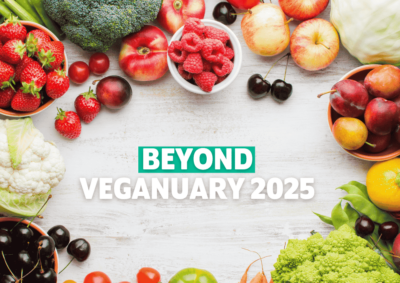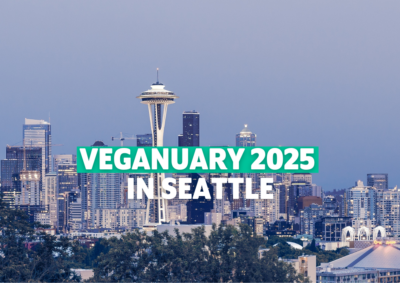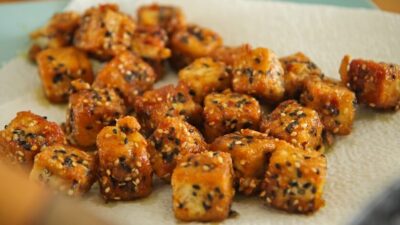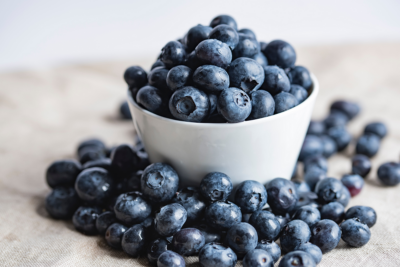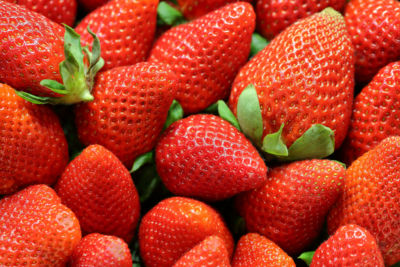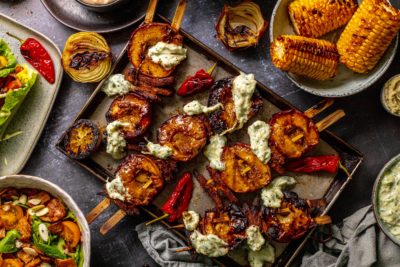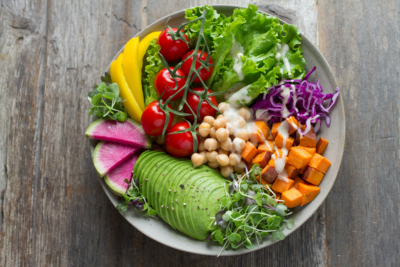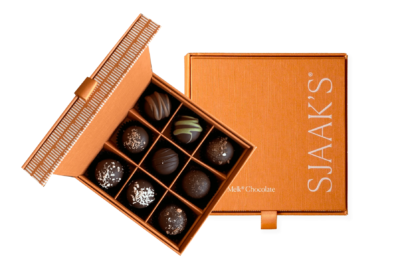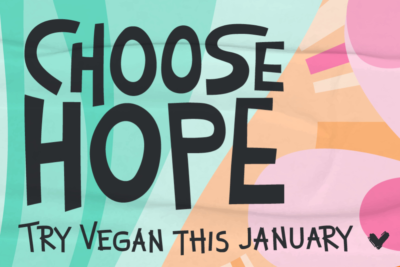Everyone can be vegan, but if you have allergies, it will, of course, take a little more planning to ensure you get what you need and not the things you really mustn’t have.
- Let’s start with gluten…
One in a hundred people have coeliac disease and suffer digestive and other problems if they eat gluten, but it is thought that there could be many more people who are undiagnosed or misdiagnosed. The good news is that there are lots of gluten-free vegans in the world and, consequently, an ever-increasing range of gluten-free, vegan foods. A great place to start is your local supermarket’s “free-from” section, where you will find bread, pizza bases, and flour to make your own baked goods. You’ll also find various kinds of pasta and sauces, including, in some shops, a white lasagna sauce that is both vegan and gluten-free. They also stock breakfast cereals, snacks to eat on the go – such as falafel and rice noodle pots – soups, and ready meals, including Fajita kits. In the frozen food sections, there are various chips and other potato products, as well as some burgers and bakes. You’ll also find gluten-free ketchup, soy sauce, and Worcester sauce. Many of the cheeses are also suitable. Just check the packaging or the website of your supermarket to see which ones.
Most plant milks are suitable for those on a gluten-free diet, too. Just keep an eye out for cross-contamination, specifically in oat milks. Yogurts, custard, and a host of tasty goods, including Better Bites Bakery range, are all suitable, too. If you’re a fan of pudding, Zen is a great brand to look out for, and No Whey chocolates are a) amazing and b) gluten-free and vegan.
There are so many more options that we don’t have space for, and health food stores will stock a lot more, too. It’s worth befriending your local health food store owner and having a peruse through their buyers’ catalogs. Often, they’ll order something especially for you if you ask.
Finally, if you’re cooking from scratch, there are a host of gluten-free, vegan recipes online!
Nuts…
Most allergic reactions to nuts are mild, but for those with a severe allergy and those who would rather not develop a rash after eating, avoiding nuts is essential. Debate rages about why this particular allergy is on the increase, but we are not here to conjecture. We’re here to show you that, allergy or not, being vegan is both possible and enjoyable!
The advice above for gluten-free vegans stands true for nut-free vegans, too, although it is probably easier to avoid nuts in everyday foods than gluten. Read labels. Check websites. But the foods where nuts are most likely to be lurking are baked goods, sauces, ice cream, and veggie burgers. The good news is that there are lots of options in all these categories that are both vegan and nut-free.
When cooking at home, check out our nut-free recipes!
- Let’s talk beans…
Allergic reactions are thankfully rare, but if beans are not your jam, we’d have to ask: Are you sure? That is because there are so many kinds that if you don’t like one, you may well like another. A freshly-picked green bean is very different from a canned kidney bean. And some are more digestible and, let’s face it, less aromatically noxious than others. Chickpeas, lentils, green peas, and mung beans are easier to digest than soy (edamame), kidney, or black beans. So, as our vegan friend Prince once said: open your heart, open your mind, and you may be surprised how tasty certain beans are. (He didn’t say that last bit.)
But for those who absolutely cannot have a bean of any kind, make sure you include in your diet seeds, nuts, greens, and grains for proteins, and plenty of green vegetables, figs, sweet potato, and squash for calcium. And soy milk, yogurts, and tofu, too (although that is just a sneaky way of getting you to eat some beans).

